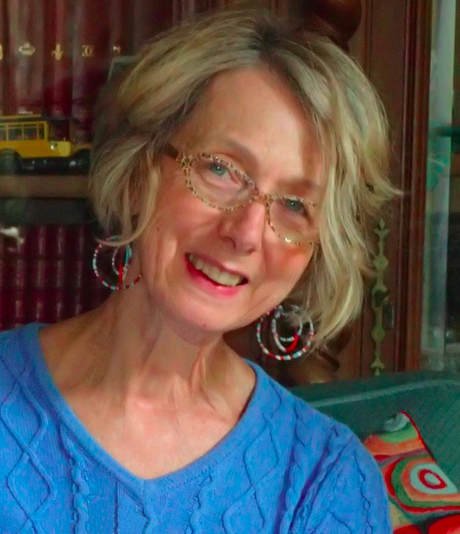Only four days in Caux, and yet, even after coming down from the mountains, my spirit still lingers up there.
This year, with my French team colleagues, we contributed to the Forum for Democracy by leading three roundtable discussions under the title: “Conflicts in the Middle East: Perspectives from France.” France is a country where these devastating conflicts resonate powerfully and painfully, but France is also home to many peacemakers. The person who, for months, had devoted himself to preparing us for these days was unfortunately unable to come to Caux two weeks before the event for pressing professional reasons.
Each of us was therefore called upon to welcome one of the ten speakers at our round tables; men and women from diverse backgrounds, cultures, and approaches, whose quality of contribution we had no doubt about, despite their differences of opinion and the highly sensitive context.
Welcoming: accompanying them on their arrival in a large and unfamiliar home, guiding them through the rhythms of the house, but also introducing them to each other, encouraging encounters and exchanges, and involving them in all aspects of life in the house.
Never before have I felt so much that we were a team united in action, combining our abilities for the success of an event in the service of world peace. Something greater than ourselves brought out the best in us and lifted us above our usual selves.
We were unanimously aware of the importance of the moment and of our share of responsibility: remarkable people had responded to our invitation to come to a place they did not know to contribute to a global reflection on our torn world, to question how to ensure that human rights and democratic values survive when a new world order tramples on them and favours power relations.
At this forum, we were also surrounded by participants whom other wars had thrown into opposing camps. How can we talk about dialogue and reconciliation when the wounds are still raw? Caux played its role as a place of welcome, and a place to express suffering; and we, spared in many ways, were there to surround with our attentive presence and friendship others who suffer more than we do, because we believe that those who have suffered the most have the most to give to build a different world.
Decades ago, the man who inspired the movement that gave rise to Initiatives and Change challenged those around him: “We must choose between listening to the voice of God or hearing that of tyrants and cannons.” Today, we have not finished exploring the meaning of these words, which are still relevant today, or adapting them to the mindsets of our time.
In Caux, we remember that each of our lives is a microcosm of the world in which we live. There are no small battles and big wars. Everyone is invited to be part of the healing process. This is the price of a new hope.

